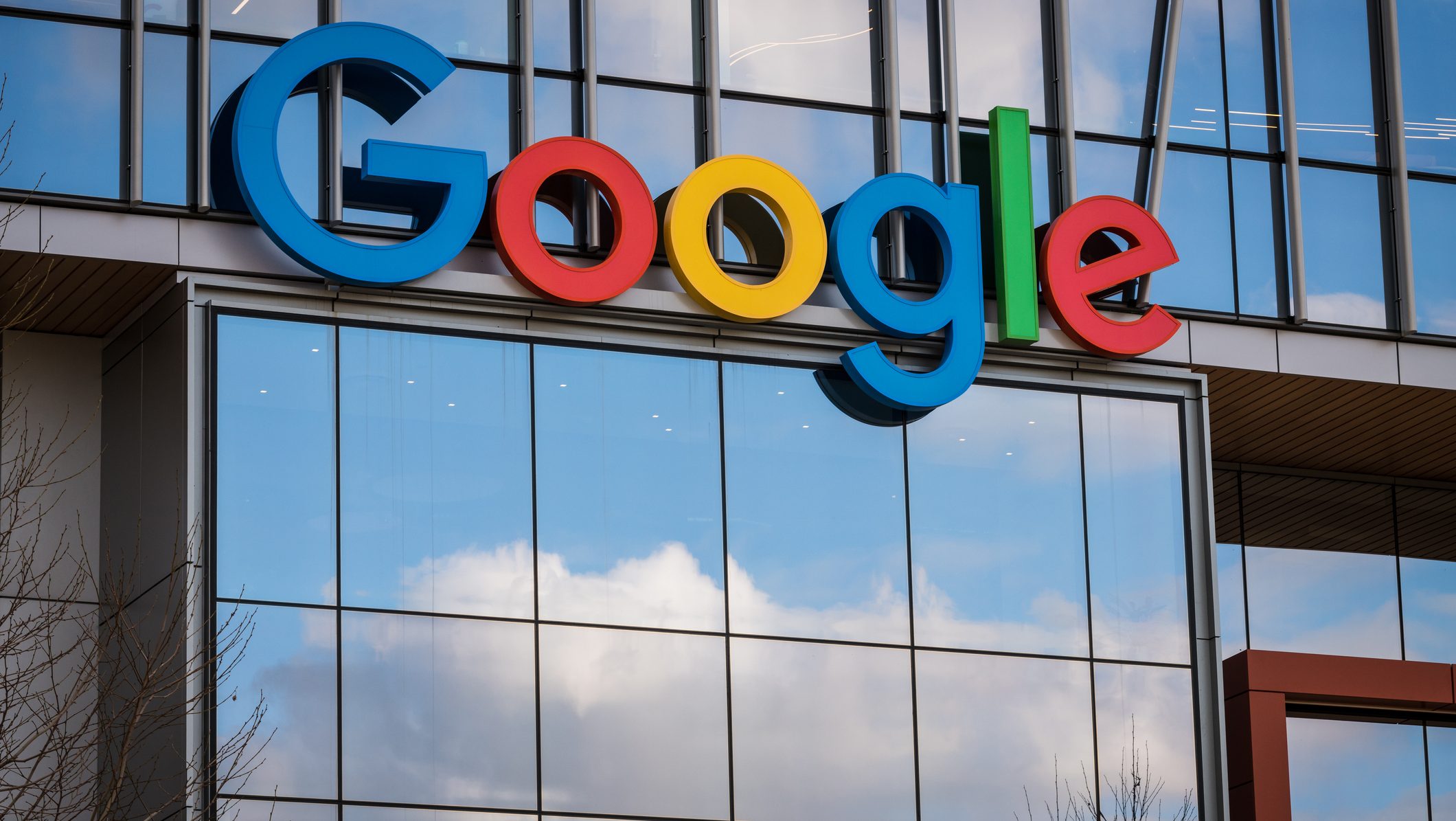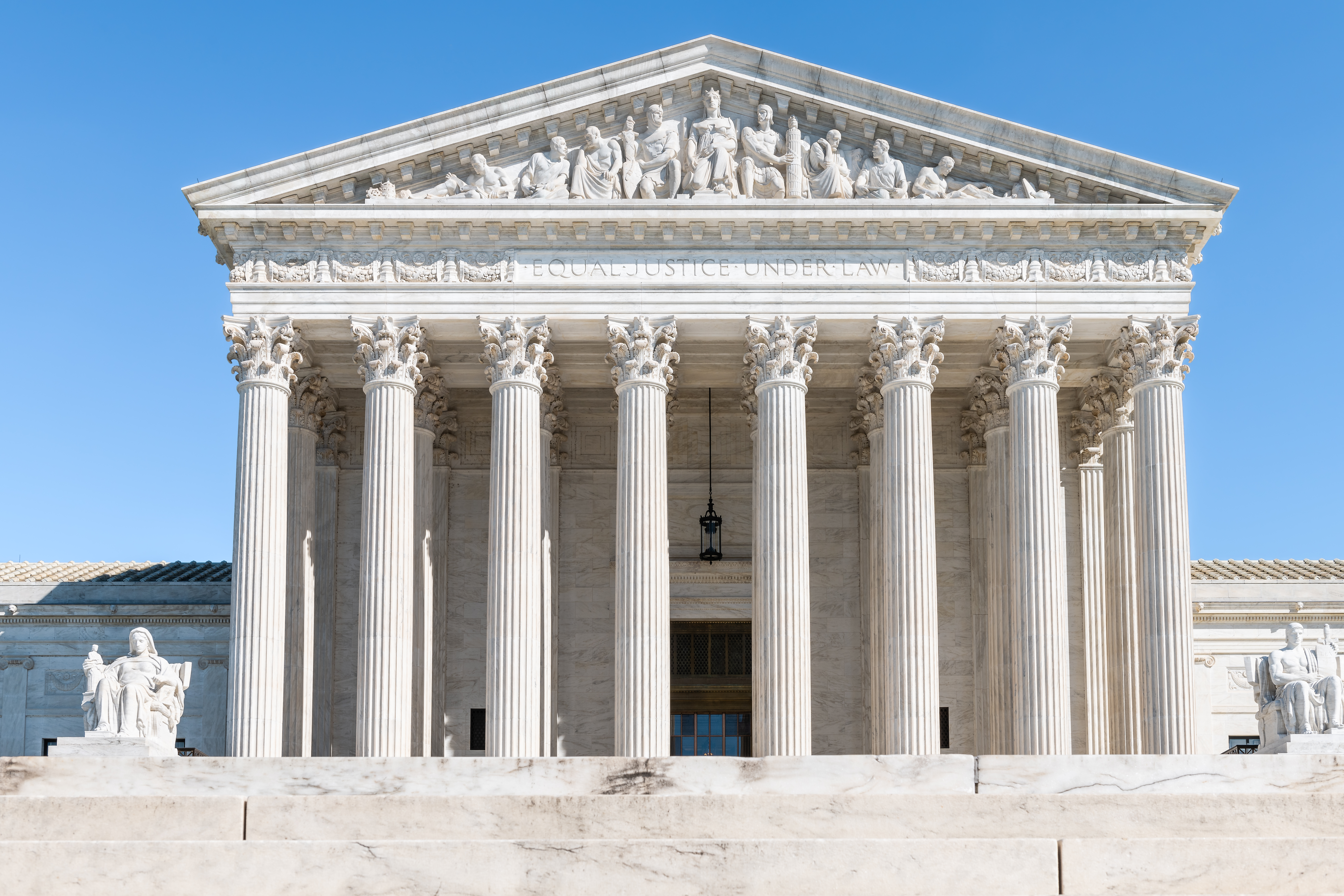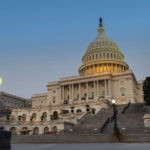FTC v. Amazon: Why a Properly Defined Market Is Important in Antitrust Analysis

In the Federal Trade Commission’s (FTC) monopolization lawsuit against Amazon, the agency alleges that Amazon’s business practices have stifled competition and caused prices to rise. But the FTC’s analysis is based on arguing that the firm competes in two artificially narrow markets: the “online superstore market” for consumers and “online marketplace services market” for third-party sellers. Through these narrow market definitions, the FTC seems to completely miss the healthy competitive dynamics apparent across retail.
Defining a Relevant Market
Of the many tools the FTC and other authorities use to analyze competition in different markets, market definition is one of the most important that underpins antitrust analysis. Except in cases of per se illegal behavior — conduct such as price-fixing that is illegal as a matter of law, regardless of its impact on the market — competition agencies often seek to define a “relevant market” to make a case for a violation of antitrust law. A proper market definition helps set the parameters of a relevant market, which enforcers use to evaluate the competitive dynamics of said market and the effects of the alleged anticompetitive behavior.
In defining a market, agencies look to an “area of effective competition,” comprised of two prongs: a product market and a geographic market. Defining a product market entails looking for substitutes for the specific product under scrutiny, whereas a geographic market defines how far customers would go to access the product. Using these parameters, enforcers can then examine aspects such as market share, market power, and concentration levels as part of their evaluation to determine the presence of potential anticompetitive behavior.
Careful consideration of all aspects of a market definition is essential to creating objective, fact-based analyses of competitive dynamics, and assessing whether the enforcement agency needs to intervene to correct potentially anticompetitive behavior. An artificially narrow or broad market definition risks distorting market realities, creating flawed analyses, or potentially chilling a dynamic and competitive market with misplaced enforcement actions.
To support its implausible “online superstore” market, the FTC points to Amazon’s “distinct set of features that reduce time and effort for shoppers online” (see FTC Complaint para. 122), such as offering a broad assortment of goods, and the flexibility for shoppers to make purchases at any time. The agency alleges these benefits to shoppers separate Amazon from most other retailers, claiming that online superstores are “distinct from, and not reasonably interchangeable with, brick-and-mortar stores” (para. 140). Unfortunately, in evaluating the state of competition in retail, the FTC’s reliance on this narrow market definition misconstrues a significantly more complex market reality. Clear evidence shows that consumer choice is not so constrained as this antitrust lawsuit would have us believe.
The FTC likewise fails to define a relevant market accurately in its allegation that Amazon is one of a few companies operating as a purveyor of “online marketplace services.” As previously highlighted, small and medium sized businesses want to sell their goods at the best price for the highest volume, and are free to choose between different retail marketplaces in which to do so. These businesses will shift to new opportunities to sell their goods based on where they can maximize profit, which goes against the agency’s implausibly constrained market definitions.
The Market Reality
As Amazon has grown into a multi-service company that millions of users enjoy, it has grappled with burgeoning competition from smaller and larger retailers alike. Firms of all sizes have engaged aggressively in “omnichanneling,” broadening their market presence by selling products in both digital and physical retail formats. Yet, the FTC’s narrow market definition would count only the digital sales of a firm selling in both channels. In reality, consumers are free to pick and choose where they shop, with 84% of Amazon Prime members having a paid membership to at least one brick-and-mortar big box superstore. In direct contrast to the FTC’s argument that “online superstores” compete only with one another, brick-and-mortar retail prices are closely linked to those of online retailers, indicating they are part of the same relevant market.
This market reality is likely why the FTC recently tried to block booksellers from joining its Amazon case. While booksellers and the FTC alike take issue with Amazon, they do so for opposing reasons: booksellers argue that Amazon uses its market power to keep prices artificially low; the agency argues that the company keeps prices artificially high.
As the United States underscored in its submission to the OECD Competition Committee, longstanding antitrust jurisprudence has established that plaintiffs must show that actions taken by a defendant have resulted in direct harm to competition itself. While antitrust enforcement often relies on a market definition to set the boundaries of analysis, the FTC’s suit against Amazon fails to substantiate this. Instead of alleging harm to competition, the complaint focuses on perceived harms to other competitors. This approach creates significant potential harm to competitiveness in digital markets. A win for the FTC in this case would put popular services that Amazon offers, such as its Prime Shipping guarantee for buyers and Fulfillment by Amazon service for sellers, at risk of being deemed anticompetitive.
A properly-defined market can be important to objectively analyze the competitive behavior of any given firm. Artificially narrow definitions, such as those used by the FTC in its case against Amazon, distort market realities. Enforcement actions based on these fundamentally flawed analyses pose a significant risk to otherwise healthy competitive environments, potentially creating higher prices and fewer choices for consumers.
Facts, Facts, Facts
According to the American Bar Association, establishing whether a firm has market power requires a “fact-specific, case-by-case analysis that generally requires consideration of what constitutes a well-defined relevant market.” In other words, to know whether a company has power in a market, competition enforcers first have to analyze economic data to define a relevant market.
Economic analysis in antitrust is used in several ways, including understanding how markets function, developing theories of harm, and better understanding the effects of competition. However, economic analysis can be misused in the development of an erroneous theory of harm, particularly when markets are not defined accurately.
While the judge is considering Amazon’s Motion to Dismiss and the FTC’s request to bifurcate the case, he also may hold “a hearing where [the Court] would hear from both sides’ economists about the theories being advanced in this case,” with the goal of being “as educated as possible regarding the economic theories in this case.” Such a hearing requires a considerable amount of economic data, which makes holding one this early potentially unhelpful to the court. The parties are still in the midst of discovery, and Amazon is trying to comply with the FTC’s titanic requests for information. Given the risk of basing theories of harm on uncertain and limited economic data, and the significance of the economic considerations in the case, it is important to allow for the parties to fully gather the sufficient information.
As the judge considers Amazon’s request to dismiss this case, he should take a closer look at the FTC’s artificially narrow market definitions and the agency’s insistence on basing its theories of harm on unsubstantiated economic analyses. This will show that the agency’s arguments fall flat when objective, fact-based economic analyses made in context of the broader retail market are properly considered.







